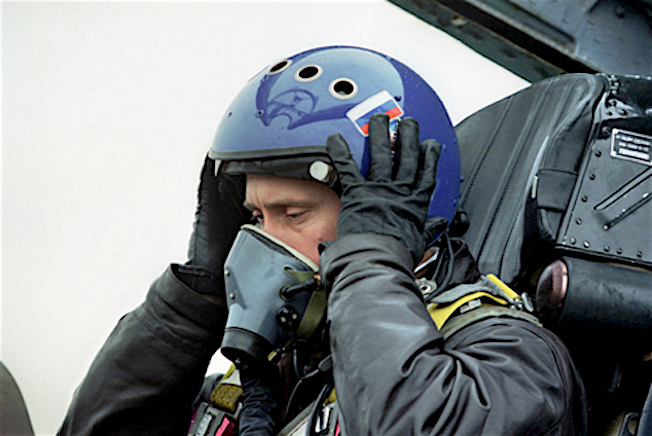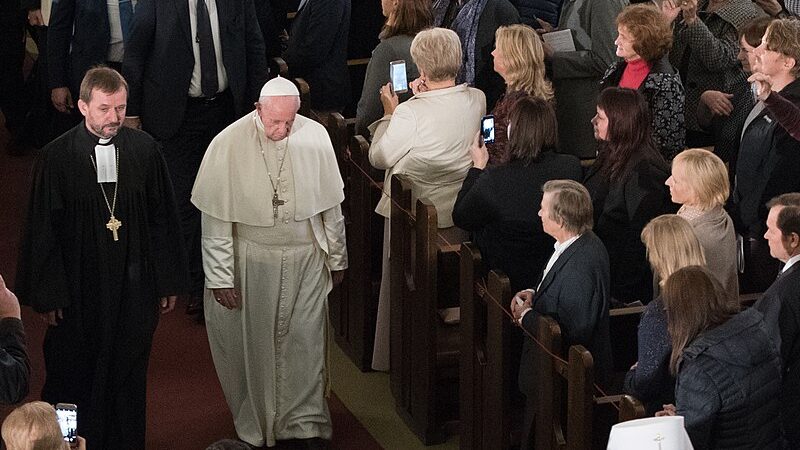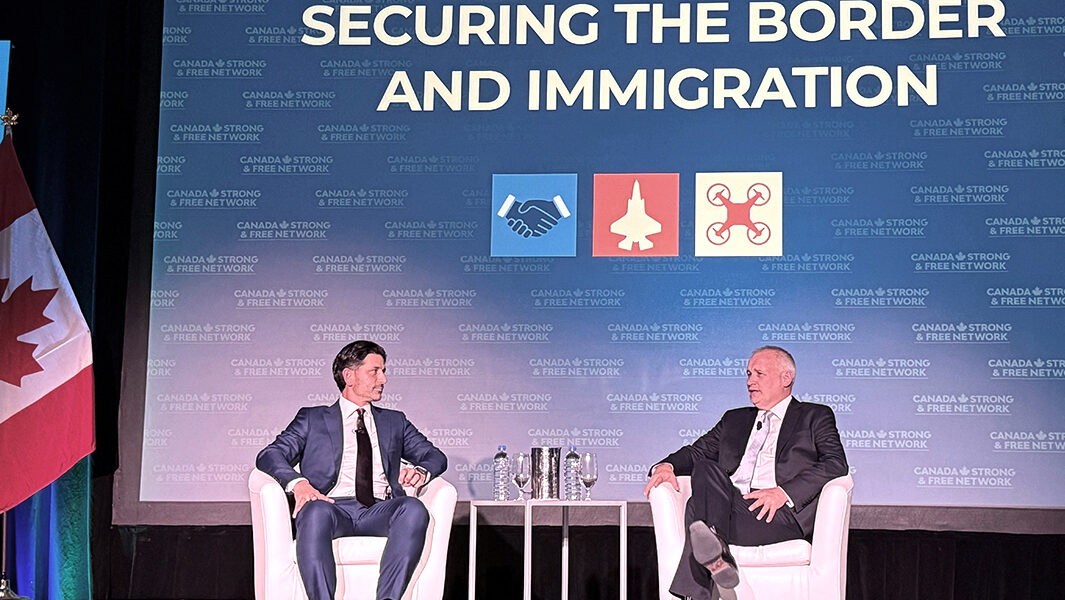Of vital importance is how willing are people in Estonian to personally getting involved in Estonia's national defence? In the fall of 2014 56% were willing to contribute personally. In 2015 this had risen to 59%. At first glance these percentages seem low. But one must take into account that half of the respondents are women, who don't identify as being a part of battle-front action. If looking at only the male citizen response, then 74% answered yes. By 2015 it was 80%. By further segmenting the respondents, then fully 90% of Estonian male citizens aged 15-65 by 2015 are willing to personally and actively participate in Estonia's defence.
The equivalent percentage amongst Russian speaking males is 60%. This may seem to be low, but looking at the results closely it needn't be that disturbing. It's been fairly steady over the years considering the fact that the percentage for all Russians, non-citizens as well as women has ranged from 45% and 55%. Probably the intensity of Russian propaganda has had an effect especially when Russians themselves have been the targets of the propaganda campaign.
Survey results also indicate that response results from the younger segment of Russian speakers are more closely aligned with those of Estonian results than that of the older generation. When asked if the process of Russia regaining power over the territory of the former Soviet Union poses any threat to Estonia, 43% of 15–19 year old Russian speakers answered yes. Of those that live within the Estonian community fully 51% agreed. The average for all Russian speakers is 23%. Some interpret this to prove that integration has had a tangible influence, especially amongst youth.
Similar data result from surveys about NATO trustworthiness, NATO as the primary guarantor of Estonia's security, membership in NATO, the local presence of NATO military, whether Estonia is defendable, the development of Estonian defence etc.
Other aspects of national defence have also been surveyed. When asked in 2013 if military conflicts in the world would increase over a few years 46% agreed. By 2015 this had risen to 70% of all Estonian residents (72% of the citizenry). The Ukrainian situation is an obvious factor here.
Is Estonian national security becoming stronger, in spite of an increase in international conflicts? In 2014 20% thought so. By 2015 32% think it is. Here one must be reminded of the US military presence in Estonia, successful military exercises, upgrading of infantry military technology etc.
Is it possible to successfully defend Estonia till the arrival of allied forces? In 2011 46% of Estonian citizens thought so. By 2015 this had risen to 60%.
Fully 78% of Estonian citizenry approve of the presence of NATO forces in Estonia. The belief that NATO supplies the primary component of Estonia's defence is held by 72% of Estonian citizens.
How important is it to analyze the results of such survey by focusing on the differences/similarities based on the respondents' mother tongue? If groupings of respondents of differing language groups show drastically different results, obviously this cannot be ignored. If the differences are minimal, then one must focus on results that are based on citizen/non-citizen groupings. Citizens constitute the manpower for the defence forces of the country, irrespective of language spoken. Surveys over the years have confirmed that Estonian male citizens over the years have shown a strong, steady willingness to come to the defence of the country, personally. It's been said time and again: Estonia's allies will come to its defence only if Estonia is also willing to defend itself.
Laas Leivat




